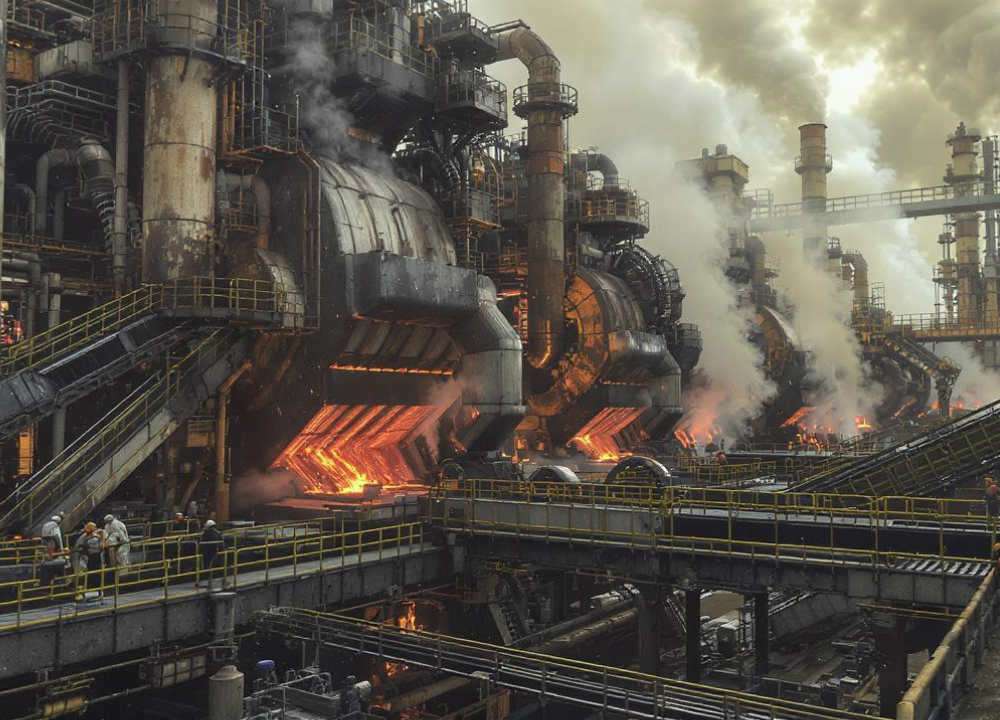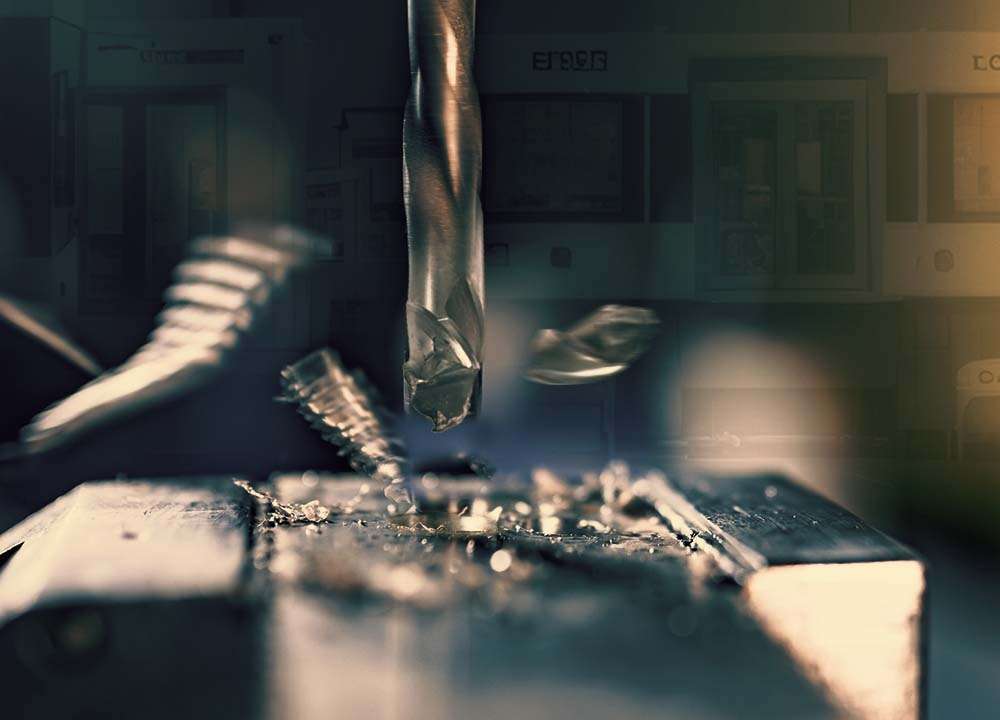Nippon Steel, Japan’s largest steel producer, will end its 20-year joint venture with China’s Baoshan Iron & Steel (Baosteel). This marks a significant shift in their long-standing partnership, which began to help modernize China’s steel industry.
Nippon Steel’s steel production capacity in China will drop by 70% due to this decision. The company is refocusing its investments on the U.S. and India, as Japanese automakers, its main customers, face challenges in China from local electric vehicle makers.
The joint venture, Baosteel-Nippon Steel Automotive Steel Sheets (BNA), was formed in 2004. Nippon Steel will sell its 50% stake in BNA to Baosteel for 1.758 billion yuan ($241 million), pending regulatory approval.
Baosteel plans to buy Nippon Steel’s stake based on BNA’s net asset value, which was 3.92 billion yuan at the end of last year. BNA has an annual steel production capacity of 2.62 million tonnes, representing 70% of Nippon Steel’s capacity in China.
The joint venture helped Nippon Steel expand in China by meeting the demand for automotive steel sheets and provided Baosteel with advanced technology. However, the rise of local EV makers and advanced Chinese steel technologies have increased competition.
With Japanese car sales in China declining, Nippon Steel decided to exit the joint venture. This move is separate from Nippon Steel’s planned $14 billion acquisition of U.S. Steel, though it might positively impact the acquisition by addressing U.S. concerns over Nippon Steel’s ties to China.
Nippon Steel’s involvement in China began in 1977 with the construction of the Shanghai Baoshan steel plant. Despite ending the BNA venture, Nippon Steel will continue to produce about 1 million tonnes of steel annually in China through a joint venture with Wuhan Iron & Steel.







